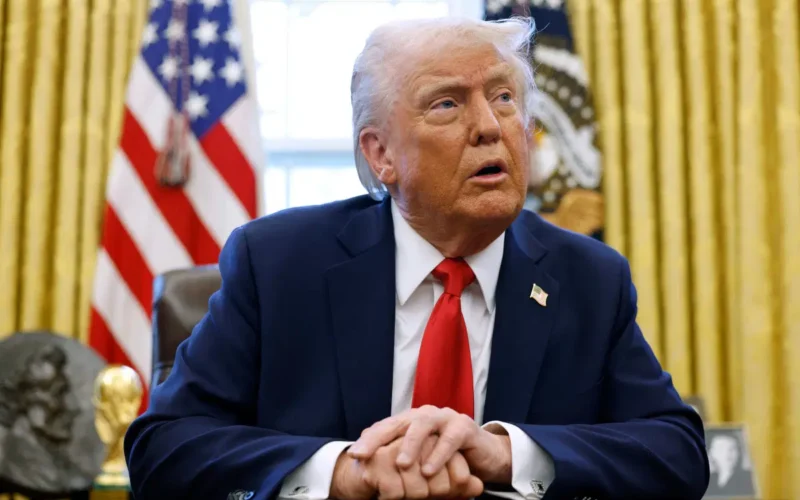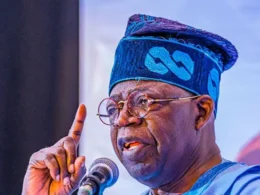Former US President Donald Trump is set to sign a series of executive orders this Tuesday, which include a move to significantly restructure or diminish the role of the federal education department. Despite the fact that he cannot abolish the department entirely without Congress’ approval, which seems unlikely, reports suggest that Trump intends to dismantle it from within by issuing executive orders.
The White House confirmed that Trump will be signing these new orders, though the specific details of the orders have not been disclosed. These developments are part of his broader push to reduce the size and scope of the federal government, a move that has been evident in his recent actions, including the shuttering of USAID under the leadership of Elon Musk’s newly formed “Department of Government Efficiency” (DOGE).
Musk, the tech mogul and world’s richest man, has been vocal about his goal to make the government more efficient and has already launched investigations into the education department. Musk, who has also been a staunch supporter of Trump, referenced the 1980s effort by President Ronald Reagan to abolish the department, which ultimately fell short. Musk believes that Trump can succeed where Reagan failed.
During his 2024 election campaign, Trump pledged to abolish the federal education department, shifting educational decision-making back to individual states. He has long criticized the department for its spending power and its influence on education standards, citing international rankings where the U.S. lags behind other countries. Trump has also critiqued the liberal influence in U.S. schools, particularly on issues such as race, gender, and campus protests.
In a sign of his intentions, Trump has nominated Linda McMahon, the former CEO of World Wrestling Entertainment (WWE), to lead the education department. Her nomination, along with Trump’s recent executive orders targeting educational policies, suggests that he aims to reduce the department’s influence and possibly downsize it in alignment with his broader vision of limiting federal government power.
This latest set of actions is likely to spark significant debate across the country, especially in light of Trump’s aggressive stance on education and the power struggle within the federal government. His critics argue that his moves may undermine national education standards, while his supporters see this as a much-needed step toward decentralizing power and allowing local authorities more control over educational policies.









